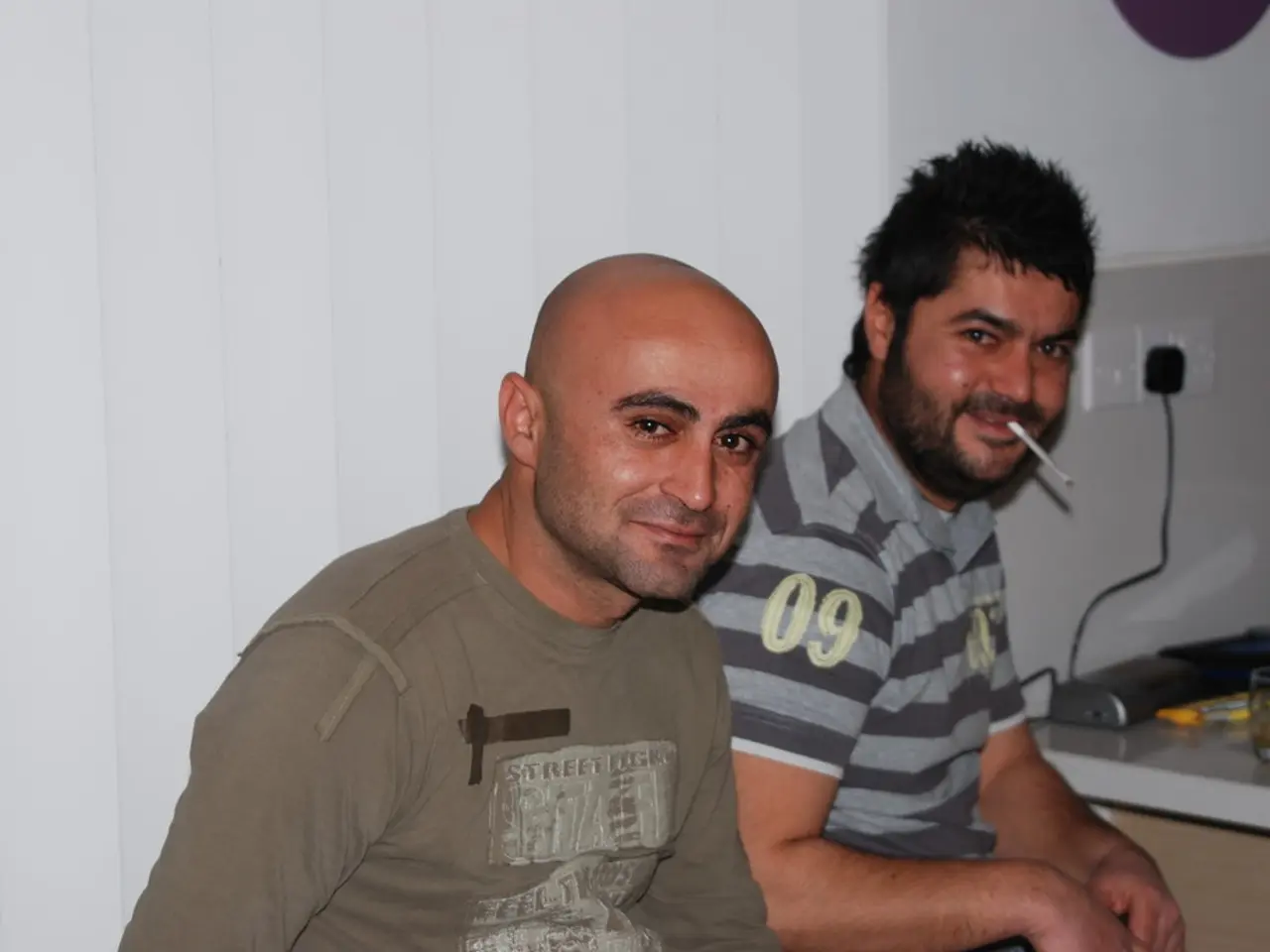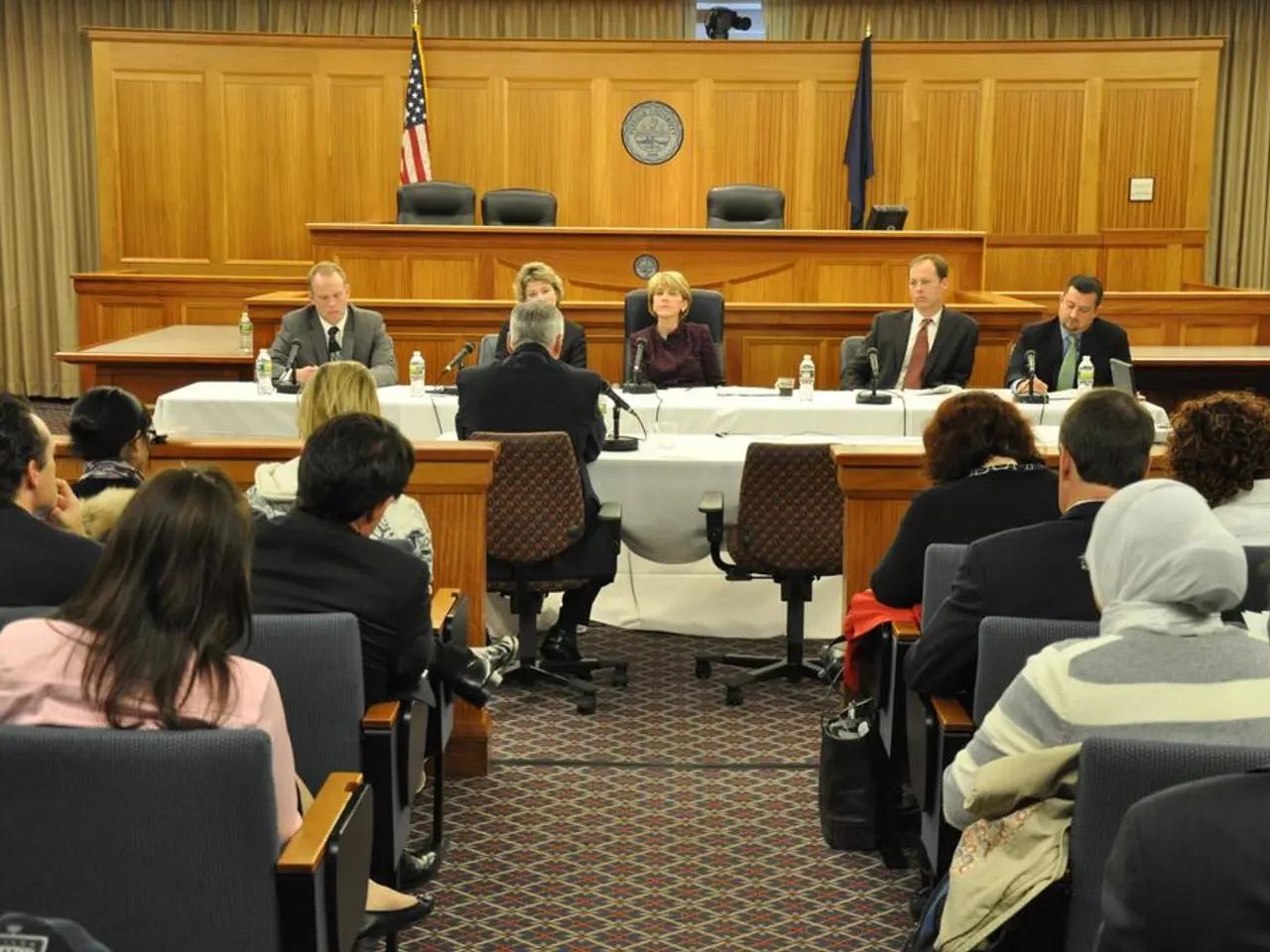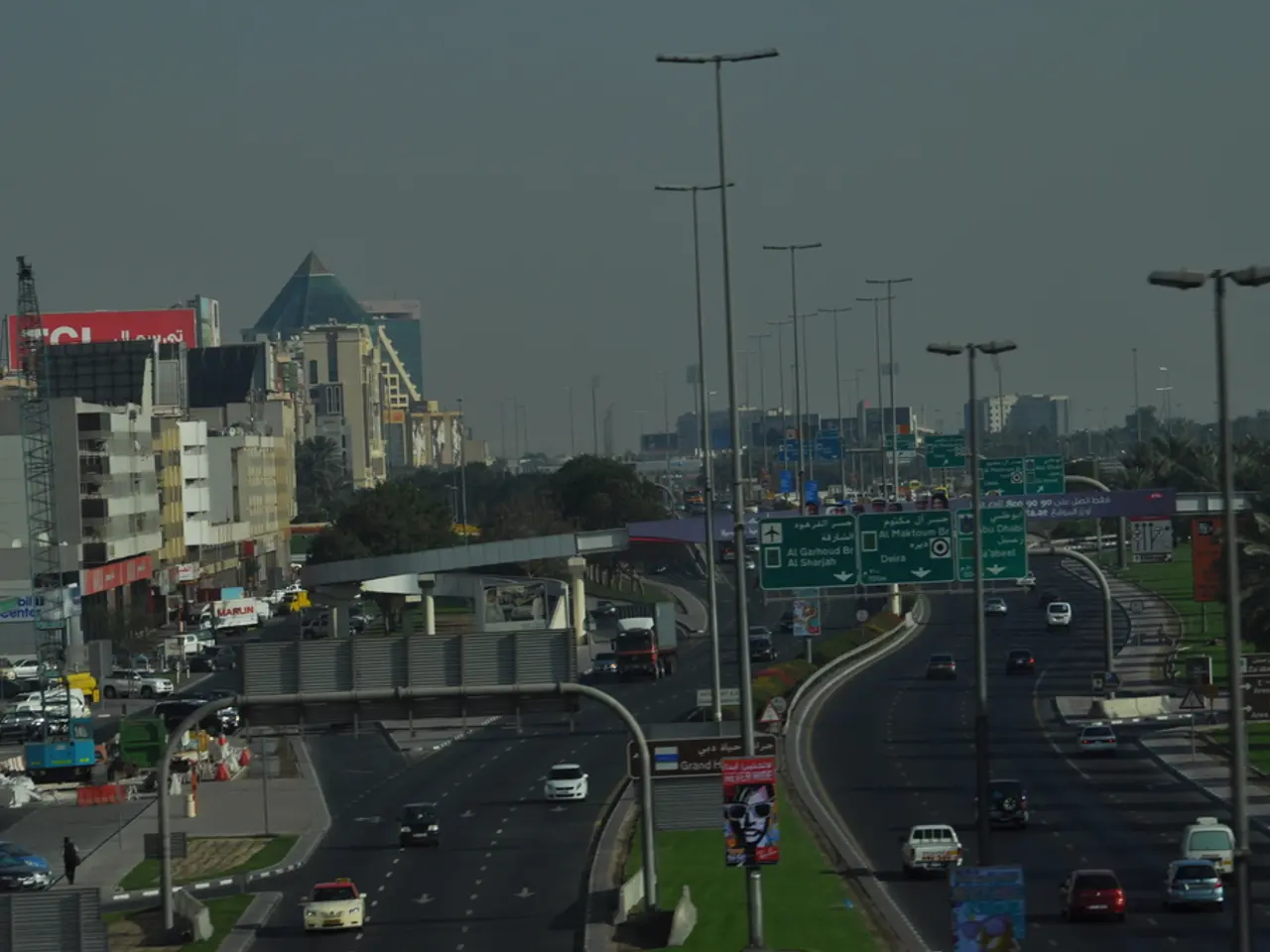Arson damage in NRW, as stated by Minister Krischer, is extensive - Fire's Aftermath: Minister Krischer Addresses Impressive Degree of Destruction
In a recent development, Oliver Krischer, the Minister of Transport for North Rhine-Westphalia (NRW), has condemned an arson attack on a main railway line near Düsseldorf. The incident caused enormous damage and targeted a crucial section of the railway network.
Krischer, a Green Party politician, visited the scene of the crime and expressed his concerns over the attack. However, he did not comment on the impact of the arson attack on the overall railway operations in the region.
The Minister did not provide an update on the investigation into the incident, but assured that the authorities will scrutinize the matter carefully and do everything to find the culprits. He also stated that the ongoing digitization of the railway network will improve the situation in the future.
The future digitization of NRW’s railway network aims to prevent incidents like the arson attack through the deployment of advanced digital signalling systems such as the European Rail Traffic Management System (ERTMS) and the integration of real-time monitoring technologies like digital twins. These technologies enhance network security, enable faster detection of anomalies, and improve operational control with higher precision.
By implementing ERTMS, NRW’s rail network will benefit from enhanced interoperability, automated train control, and continuous communication between trains and trackside equipment. This reduces reliance on physical lineside signals, lowering vulnerability points to sabotage and enabling prompt detection of irregularities through its centralized and automated control systems.
The use of digital twins allows railway operators to have a dynamic, real-time 3D model of infrastructure condition, combining data from sensors, IoT devices, and inspection logs. This technology improves the ability to monitor track and asset conditions continuously, anticipate potential issues including sabotage attempts, and act quickly to mitigate risks before they escalate.
Digitally controlled railways provide centralized supervision and automated alerts for abnormal activities, which minimizes human error and delays in reaction. The integrated data platforms help quickly identify and isolate affected sections if sabotage is detected, improving safety and reducing disruption.
This approach mirrors initiatives seen in other countries like the UK and Norway, where digital railway technology not only boosts operational efficiency but also strengthens security by reducing accessible physical infrastructure and enabling immediate response to threats.
However, Krischer acknowledged that the railway cannot completely protect itself against criminal acts like the arson attack near Düsseldorf. He did not provide details on how the digitization of the railway network would prevent criminal acts or mention any immediate measures to address the security concerns on the railway line following the arson attack.
Despite these challenges, the Minister's commitment to a thorough investigation into the railway sabotage and the ongoing digitization of the railway network offers hope for a safer and more efficient railway system in the future.
The Minister of Transport for North Rhine-Westphalia (NRW), Oliver Krischer, has indicated that the future digitization of NRW’s railway network, including the European Rail Traffic Management System (ERTMS) and digital twins, may enhance security in response to the arson attack on a main railway line.
In light of the ongoing general-news incident and the upcoming changes in the EC countries' employment policy, it is essential to consider the employment opportunities that may arise from the digitization of NRW’s railway network, particularly in the field of railway technology and maintenance operations.





